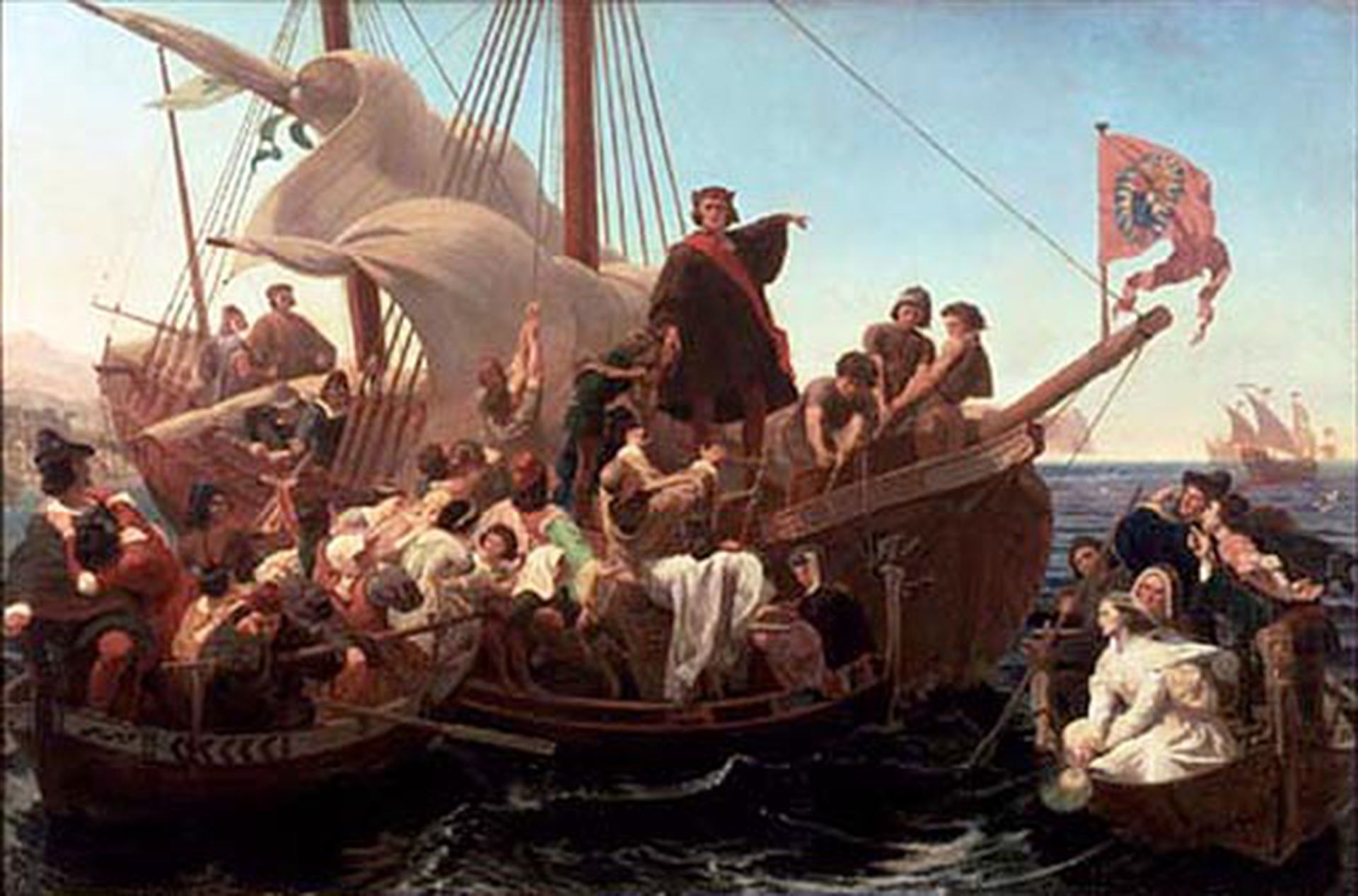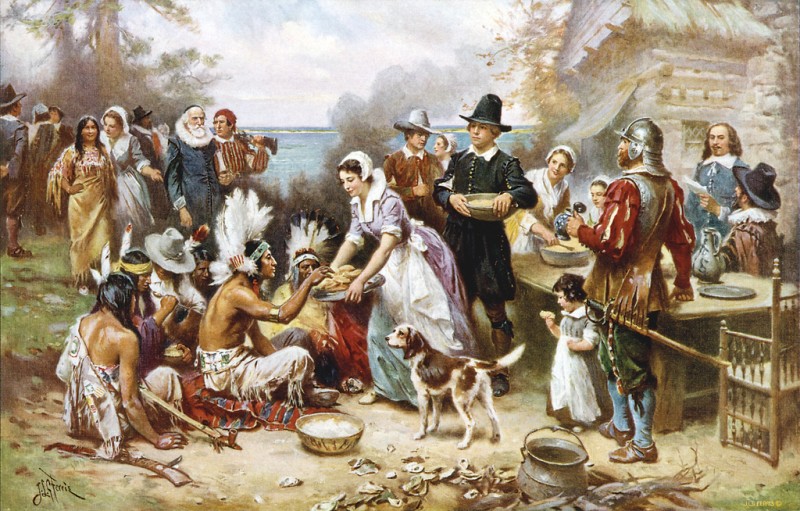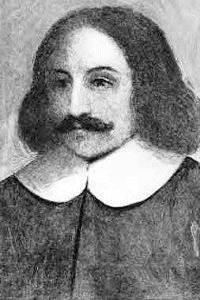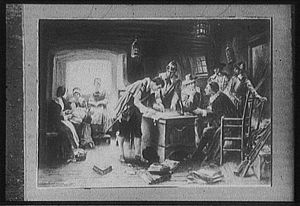Sanne Bergh
Eng48A
Journal for Loewen
Dec. 9, 2011
Author Quote
"The worshipful biographical vignettes of Columbus in our textbooks serve to indoctrinate students into a mindless endorsement of colonialism... the Columbus myth allows us to accept the contemporary division of the world into developed and underdeveloped spheres as natural and given, rather than a historical product issuing from a process that began with Columbus's first voyage"
Internet Quote
On his first voyage, Columbus kidnapped some ten to twenty-five Indians and took them back with him to Spain. Only seven or eight of the Indians arrived alive, but along with the parrots, gold trinkets, and other exotica, they caused quite a stir in Seville. Ferdinand and Isabella provided Columbus with seventeen ships, 1,200 to 1,500 men, cannons, crossbows, guns, cavalry, and attack dogs for a second voyage.
Brief Summary
Columbus is depicted as a hero by many textbooks based upon the fact that he founded a part of America. However, he is really not the hero that he is made out to be. He kidnapped slaves, caused war, and acted like a monster.
Response/Reaction
In response to Columbus' gruesome and greedy behavior, I reflect on the Disney movie about Columbus I would watch when I was a small. Like many students, I was under the illusion that Columbus was indeed, a hero. Disney's colorful renditions have a specular ability to make even the worst American event seem like a positive affair. In Loewen's text, there was discussions of torture, battle, and cruelty which contradict my entire childhood. However, with all this new knowledge about Columbus, I came to the conclusion that he is not very smart. First of all, he wasn't even going in the right direction and lacked the navigational skills to go to where he was actually going. He thought he was in China or the West Indies, and then in the land he didn't know, he claimed it. If he were in China, would he have claimed it? Second of all, he was a racist. He looked down on the Indians and chopped off their hands, and to justify their enslavement he called them "cruel" and "stupid" which is simply hypocritical. In addition to his insults, his previous letters reflecting on his first voyage stated that the Indians were "of quick intelligence" and "well built". Additionally, I personally think that he went out on the voyage for all the wrong reasons. It was good that the Indians stood up for themselves. They stopped helping the Spanish, sensing that Columbus was probably going to kidnap them and enslave them. It's just arogant, mean and rude to go to another country, plant a flag on the ground and claim authority. Columbus shouldn't have been there in the first place, he was looking for a trade route. One whiff of "fame" or "fortune" and Columbus got his greedy little paws all over it. What's even greater is the fact that America celebrates the man. At least we can get fifty percent off when we purchase our next toaster during the Columbus Day Blowout Sale at Sears.











